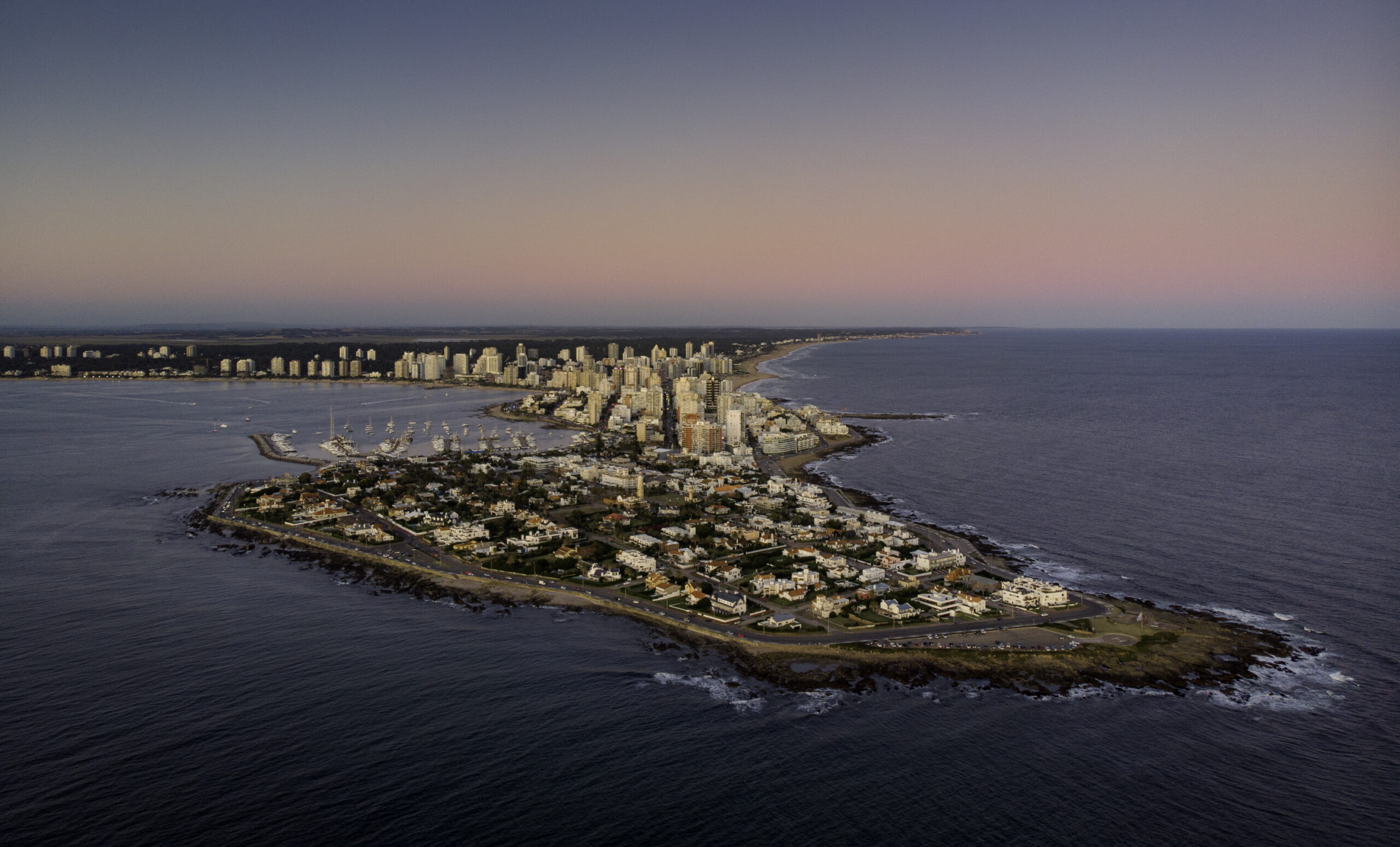The negotiations towards a global agreement to end plastic pollution kicks off in Uruguay

The First session of the INC is hosted by Punta del Este in Uruguay (Photo by Jimmy Baikovicius / Flickr – CC BY-SA 2)
The first session of the Intergovernmental Negotiating Committee (INC) to develop an international legally binding instrument on plastic pollution started 28. November.
At the UNs fifth environment assembly (UNEA 5.2) in Nairobi earlier this year, 170 countries agreed to develop an international legally binding agreement to end plastic pollution by the end of 2024. This resolution is often considered the most important decision for the environment since the Paris agreement in 2015.
Plastic pollution is a transboundary challenge affecting environments, health and sustainable development worldwide, sparking the international urgency to address plastic pollution across the plastic life cycle through a global plastic treaty.
The first of five intergovernmental committee meetings kicked off in Uruguay from the 28th November to 2nd December, with multi-stakeholder dialogues and regional consultations due to take place on the 26th and 27th November. The framework for the agreement will be decided during the meeting.
IKHAPP members from NIVA and Grid-Arendal are following the negotiations on the ground in Uruguay to contribute with relevant technical expertise, including on microplastics, the informal recycling sector, and emerging faultlines. Identifying knowledge needs and contributing to ensure that decisions are based on relevant, independent, and scientifically based research are also key objectives. An update from the team will follow.